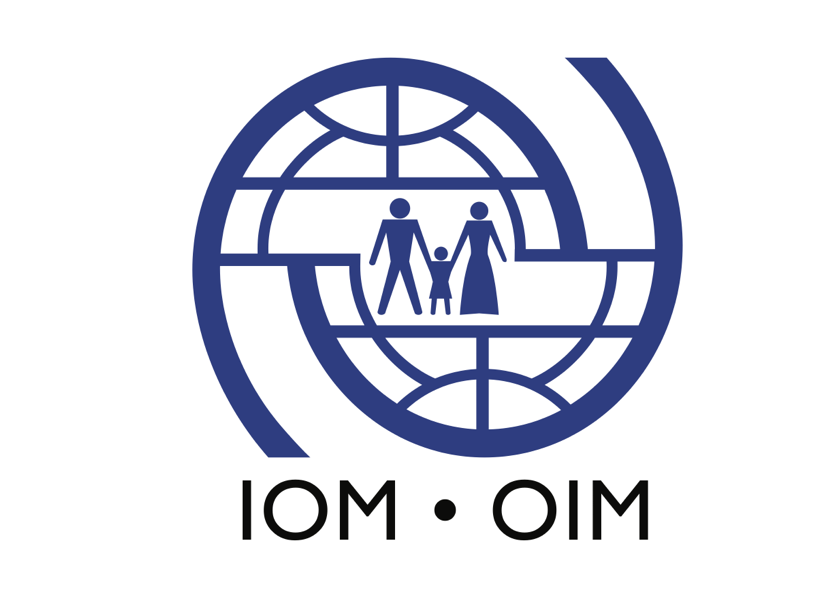The International Organisation for Migration (IOM) and the International Chamber of Commerce (ICC) have published a set of guidelines to protect migrant workers during the COVID-19 pandemic.
IOM said in a statement on Monday that the guidelines, meant for employers, highlighted the private sector’s role in addressing the specific challenges of migrant workers during the COVID-19 pandemic.
It said that the document included a set of general principles for employers such as treating all workers with equality, dignity and respect, regardless of their gender or migratory status.
The agency noted that the guidance was presented in five categories namely, physical and mental health, living and working conditions, economic support, ethical recruitment and supply chain transparency.
“Migrant workers are a crucial part of the global workforce, accounting for 3.5 per cent of the world’s population.
“Worldwide, micro-, small- and medium-sized enterprises rely on them, including sectors providing essential commodities and services, as well as industries hard-hit by COVID-19.
“As the economic and human consequences of COVID-19 continue to shape local communities, businesses can play a decisive role in addressing the unique challenges faced by migrant workers,’’ the UN agency said.
Ms Marina Manke, the Head of IOM’s Labour Mobility and Human Development Division, noted that migrant workers continued to be on the front lines of the COVID-19 response.
She said that they were working not only as “doctors, nurses and other health care professionals, but as the agricultural, transport and retail workers that keep our cities and towns functioning”.
Yet, they are vulnerable to job loss, salary cuts and various health and safety concerns, noted IOM.
“Unlike local populations, migrant workers often are far from family support networks.
“They face language and, or cultural barriers and often lack social protection. Many suffer from discrimination.
“Meanwhile, overseas economies that rely on financial contributions from migrant workers, especially low- and middle-income countries, face a steep decline in cross-border remittances,’’ the organisation said.
ICC Secretary General, Mr John Denton, said COVID-19 had “exposed and heightened existing inequalities within our global economic system, including the daily challenges faced by migrant workers around the world.
“By establishing inclusive policy responses, businesses can assure the health, well-being and safety of all employees, while at the same time, lay the foundations for a more resilient economic recovery,” he added.
Meanwhile, watch this short educative video and don’t forget to subscribe.



